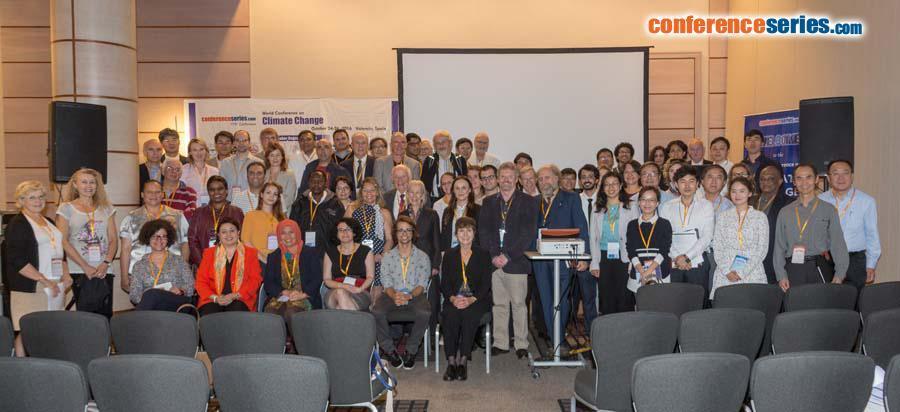
Dalila Gharbaoui
University of Liege, Belgium
Title: Governance of land security and climate-induced relocation in the Pacific region
Biography
Biography: Dalila Gharbaoui
Abstract
Retreating from affected coastal areas through migration as an adaptive strategy to changes in environmental patterns has always been part of the Pacific Islands’ community’s culture and practices. Community-based protection strategies and methods to cope with the adverse effects of natural disasters in the region are integrated in their traditions for millenaries. Local relocation in the Pacific can be either within or beyond the land tenure boundaries of the affected communities, planning for relocation within the customary land minimizes post-relocation vulnerability associated with land-based conflicts and allows a preservation of social cohesion crucial for the Pacific Island community’s survival. Literature on limits to adaptation has shown that loss of culture is unavoidable results of relocation if customary land tenure is not considered at very early stage at relocation process. Good governance and best practice addressing limits to adaptation should include this dimension. Post-relocation vulnerability associated to land-based conflicts and the loss of customary land systems needs to be considered when planning for relocation as sustainable adaptation strategy to climate change in the Pacific region. The research will be based on ethnographic field study of communities affected by land erosions result of sea level rise and land degradation following extreme environmental events (cyclones, flooding, etc) that will be forced to adapt to climate change by relocating within the country in Fiji, New Caledonia and Solomon Islands. Ethnographic study will be conducted before relocation is taking place with the aim to evaluate the role of land ownership and tenure security in the relocation process. Field research will also be carried at the post-relocation phase in order to assess post-relocation vulnerability associated to land-based conflicts and the loss of customary land systems. One major focus will be on the consequences and implications of relocation in terms of conflict, resources distribution and power relations. Customary authorities and institutions are legitimate governance actors holding their own governance mechanisms in the Pacific region. Strategies addressing land governance and climate change adaptation in the Pacific should in clude both state-based governance mechanisms combined with customary non-state institutions. In order to combine those two forms of governance, it is necessary to include traditional authorities to the decision-making process on relocation. This cannot be done without a deep respect for their view of the world, a profound understanding of how they represent climate change and migration within their belief systems and how traditional knowledge directly addresses those questions.

